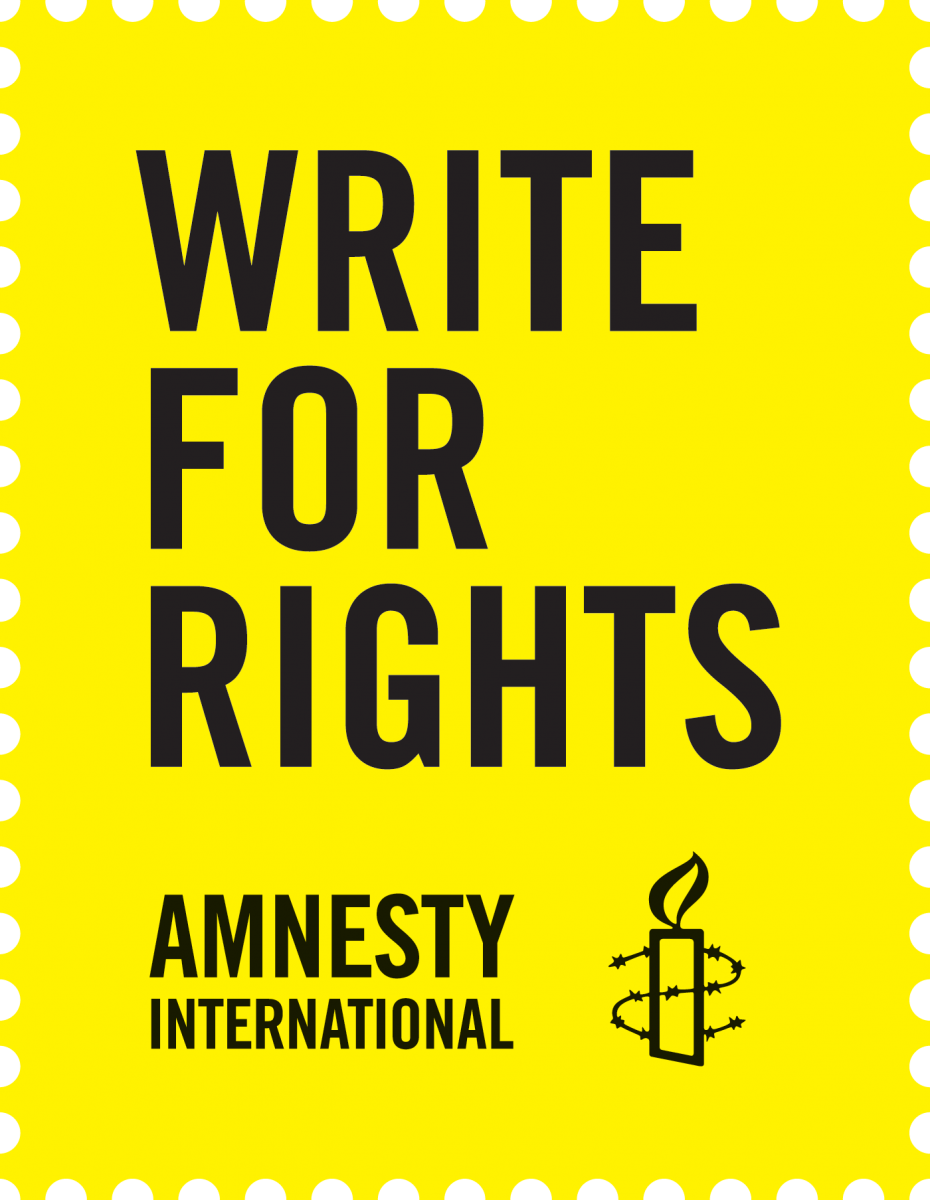Peruvian water and land defender Máxima Acuña is one of 10 individuals and communities we’re taking action for during Write for Rights on Saturday, December 10th, International Human Rights Day. Join Write for Rights to stand with Máxima!
 Máxima Acuña is a water and land defender in Peru. She has survived years of harassment, intimidation and vicious beatings by police and mining company security personnel over her right to defend the environment and her home from a massive gold and copper mine.
Máxima Acuña is a water and land defender in Peru. She has survived years of harassment, intimidation and vicious beatings by police and mining company security personnel over her right to defend the environment and her home from a massive gold and copper mine.
Her property shares a watershed with 4 lagoons that, if the company gets its way, would be drained and turned into tailings ponds. She has been forced into court to defend her family’s property rights to the land where they live and grow crops –and she has won. In September, she was beaten severely. It is staggering to comprehend the level of violence she has endured to defend her rights.
“I will never kneel before Yanacocha.”
The Yanacocha mine is a sprawling 251 square km open-pit gold mine, high in the pampa of Cajamarca, Peru. One of the largest gold mines in the world, it is owned by Denver-based Newmont Mining Corporation, Peruvian Buenaventura and the International Finance Committee (IFC). In 2010, the companies decided to expand the mine by developing a new project, the Conga Mine, a few kilometres away from Yanacocha. They have been met with fierce resistance by thousands of water defenders.
Confrontation with communities in Peru is not new for Yanacocha’s main investor, Newmont; the company has been embroiled in a decade of conflict there. But Máxima Acuña’s courageous struggle has put Newmont, Yanacocha and Peru back under the spotlight.
Corporate accountability for crimes against environmental human rights defenders
Máxima’s story is part of a world-wide pattern of violence and criminalisation against environmental defenders who challenge powerful state and corporate interests. The United Nations Special Rapporteur on Human Rights Defenders has called the level of killings and attacks against these defenders a ‘truly global crisis’ and noted that in almost every Latin American country, government and corporate actors were involved. In fact, there are currently two lawsuits before Canadian courts against mining companies for their roles in serious human rights abuses at their Guatemalan mines.
In 2011, the UN Human Rights Council adopted the UN Guiding Principles on Business and Human Rights, which lay out the steps companies and States must take to respect human rights in the context of corporate activity. Because the actions of companies can affect nearly all human rights, the Guiding Principles require that companies assess the impact of their operations on human rights. In other words, companies like Yanacocha and its investors must ensure their operations respect the rights of people like Máxima Acuña, her family and affected communities.
However, Yanacocha’s decision to send 20 of their private security officers to beat and intimidate her in her home this past September shows that the company believes it can get away with abusing her rights without consequence. Yanacocha has a clear responsibility to respect her human rights, but it is the Peruvian’s state’s obligation to protect Máxima and her family from human rights abuses. It does not matter if those abuses are committed by public or company security forces. No company is above the law.
Join us in calling on the Peruvian government to protect Máxima from further intimidation and attacks and to bring those responsible to justice!
1. SIGN UP for Write for Rights to write a letter for Máxima
2. Share a solidarity message with Máxima
3. Sign the online petition calling for protection for Máxima
4. Watch and share this video of Máxima’s story





















